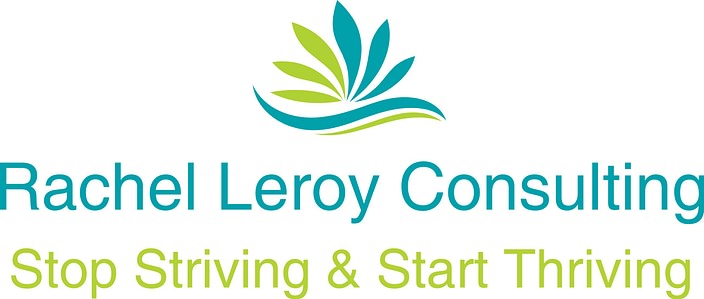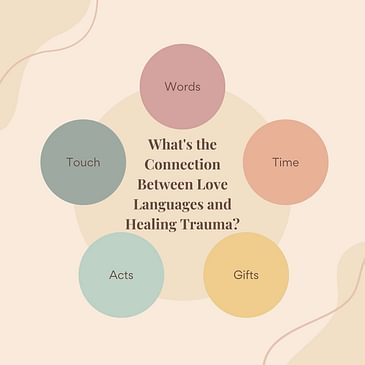Episode Description
What's the Connection Between Love Languages and Healing Trauma? discusses how we can harness the Five Love Languages, based on Gary Chapman's 1992 book of the same name, to cultivate a sense of safety, connection, and practice to help us heal trauma. This episode explains what the five love languages are, how they operate, and how people's love languages are often formed by unmet needs from childhood. We then discuss how our love languages can be our deepest vulnerability, but they can also be an entry point into our deepest sense of connection and safety, two essential parts of trauma healing. Lastly, the episode discusses how using the right healing practices based on your unique language will help you heal most effectively, how we can heal and find safety through our love language, and how we can help those we love find the same through their love language.
Breakdown of Episode
1:17 Info About Podcast
5:46 Intro to Topic and What Are the Five Love Languages?
21:10 What Determines Your Love Language?
29:12 How Your Love Language Is Your Deepest Insecurity
33:31 A Trauma Informed Approach to Love Languages: What Has Safety Got to Do With It?
54:48 How Can You Be Responsive to Others and Get What You Need Through the Love Languages?
***Click Here to See Sources***
https://docs.google.com/document/d/1ZkWg_dAOMMpiPhXS6ejJNjh77t2WpG2nT1KijcWYyYY/edit?usp=sharing
Christian Emotional Recovery Resources
Podcast Website
Access Episodes, Get Free Resources, and More
https://christianemotionalrecovery.com/
Facebook Group
Join Community, Get Support, and Get Weekly Encouragement
https://www.facebook.com/groups/christianemotionalrecovery
YouTube Channel
Subscribe for Exclusive Material Not on Podcast
https://www.youtube.com/channel/UC4a5jGXZ0-qzPINAspnLwPw
Christian Emotional Recovery Store
Get meditations, infographics, journals, and other resources for your healing journey
https://www.rachelleroy.com/9527496b-b1ed-4744-875f-dd04bfd3ad2a
Trauma Survivors
Check out Resources Page for Trauma Survivors
https://www.rachelleroy.com/bc953a63-...

